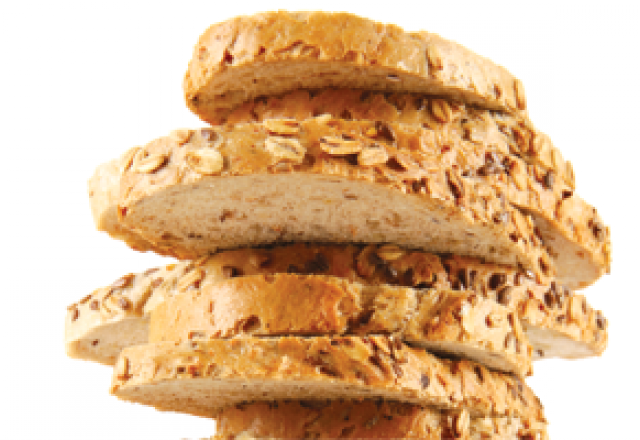
How to manage gluten intolerance

Symptoms, causes and management tips
Gluten intolerance occurs when gluten, the protein in wheat, barley and rye products, has an adverse effect on the body. Symptoms include bloating, abdominal discomfort, diarrhoea, migraines and lethargy.
Gluten intolerance is an emerging area, and until recently, was not recognised independently of coeliac disease. Coeliac disease is an auto-immune disease, where gluten ingestion leads to damage of the lining of the small intestine, rendering it incapable of absorbing essential nutrients.
Symptoms can overlap those of non-coeliac gluten intolerance including gastrointestinal symptoms, but can also include anaemia and vitamin and mineral deficiencies. Left untreated it can lead to many significant health implications including osteoporosis, infertility, depression and liver disease. Surprisingly, coeliac disease is greatly underdiagnosed. Coeliac Australia reported that it affects about one in 100 Australians, with 75 per cent remaining undiagnosed.
Management tips
- Establish with your GP or accredited practicing dietitian if a gluten intolerance or coeliac disease exists, and determine how strict your diet needs to be
- Coeliac disease: A lifelong strict adherence to a gluten-free diet is essential to heal the gut
- Gluten intolerance: Sufferers may be able to tolerate small amounts of gluten in their diet
- Shop around: some shops stock more gluten-free products than others
- Replace bread, pasta and cereals with rice, polenta, quinoa and legumes
By Penny Lara; Photo credit: Thinkstock
Browse more health tips and don't forget to join the chatter on Facebook.


